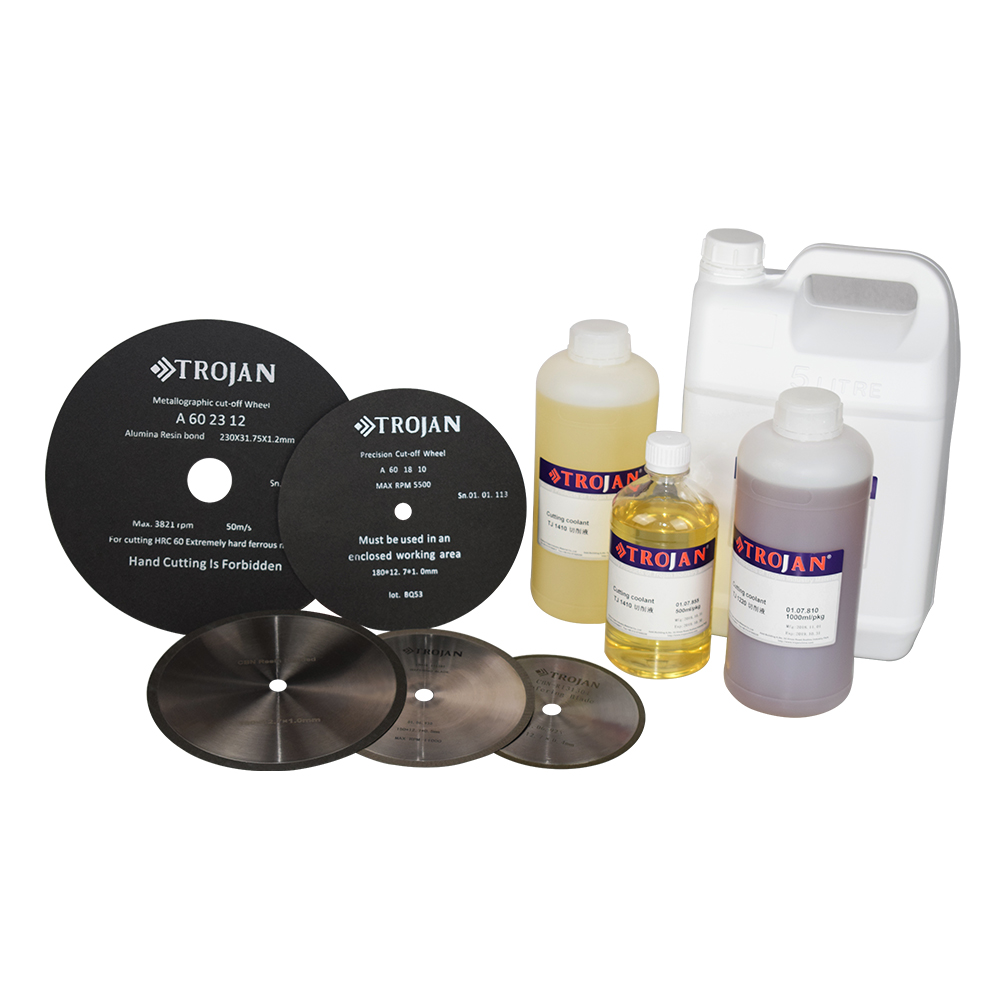The Iranian oil embargo has little effect on Germany. The main dependence on Iranian oil is Greece, Italy and Spain. Their three countries accounted for 68% of the total EU oil imports from Iran. Among them, Greece's imports from Iran accounted for 35% of its crude oil consumption. According to the EU’s existing treaties and the agreements reached by developed countries, in the event of a crisis in the supply of oil, countries’ oil reserves have the obligation to support and regulate each other.
Germany’s oil reserves started earlier. As early as 1966, the German government put oil on the Constance put on a "strategic reserve" must be cursed in order to protect Germany's oil supply during wartime and during the crisis, and "at their own expense." After the 1973 oil war, Germany’s awareness and aspirations became even stronger. On July 25, 1978, the "Oil and Petroleum Products Reserve Act" was promulgated. On April 6, 1998, this law was supplemented and revised.
According to the law enacted in 1978, Germany established the Petroleum Reserve Association, which is affiliated with the federal government. All large and medium-sized enterprises engaged in oil import and processing must become members of the association. The organization and supervision of oil reserves are the responsibility of the association. The cost of oil reserves comes from the fuel consumption of the market, that is, for each petrol or diesel sold at a gas station, it includes half of the strategic petroleum reserve cost. In the words of the Chinese people, they are taken from civilians to the people, or from wool on sheep.
Petroleum and petroleum products supervised by the Petroleum Reserve Association belong to the federal or national strategic assets and the association itself has no right to use them. Only according to the directives of the Federal Minister of Economic Affairs of Germany, the Association may sell part of its reserves of petroleum or petroleum products at market prices. How much oil does Germany have in reserve?
According to statistics, in 2005, Germany’s oil reserves reached 25.2 million tons, of which crude oil reserves were 13.4 million tons and petroleum products were 11.8 million tons. In an emergency, such a reserve can guarantee at least 90 days of supply in Germany. Crude oil is mainly stored in salt mines that have been scrapped from 1,000 to 1,500 meters deep in Lower Saxony. The intermediate products of petroleum are stored on the surface in the form of storage tanks, and are stored on the sites of various federal states according to the principle of geography and demand.
The principle of geography refers to the use of oil everywhere. The principle of demand refers to different population distributions and different industrial layouts. The first is that there must be oil supply everywhere. This is followed by the distribution of more populous areas and more concentrated industrial areas than rural areas and sparsely populated areas. This layout is designed to reduce the hassle of transportation in an emergency. In 2005, Germany’s oil reserves were valued at 11 billion euros per barrel at a prevailing price.
In addition to the "strategic reserve," Germany had originally 7.32 million tons of "the Federal Reserve." These reserves were accumulated between 1974 and 1981 and were stored in manually constructed storage holes near Hamburg, Bremen, and Wilhelmshaven. In 1997 the German federal government ordered the reserve oil to be sold. In spite of this, many places in Germany still store many refined oils that can be used temporarily, such as gasoline, diesel, heating oil, kerosene for jet engines, and heavy oil.
In addition to the official, the German people still have a lot of crude oil or petroleum products. These deposits are all spontaneous acts of the people. For example, many legal persons or consumers have stored a lot of heating oil. Refineries reserve a lot of crude oil or semi-finished oil in order to guarantee the continuity of production. How large is the size of these private reserves, and there is currently no precise statistics. But to be sure, Germany's reserves of oil is not just enough to maintain the 90-day production and living needs, but rather much longer than it.
The use of strategic reserve oil has very strict regulations. In addition to the German Federal Minister of Economy, the International Energy Agency and the European Union also have a say. When the Gulf War broke out in 1991, it was used once. It was used once in the United States in 2005 when Hurricane Katrina occurred. At that time, 450,000 cubic meters of crude oil was taken from stock. When Libyan war broke out in 2011, it was used once more. This time, Germany supplied 4.3 million barrels of crude oil to the market.
Equipment to meet various cutting needs Fast and accurate cutting requires carefully developed equipment and consumables. We offer a complete range of cutting machines, gripper tools and cutting wheels, all designed to ensure convenient, efficient and deformation-free cutting for a wide range of workpiece sizes.Can handle a variety of workpiece shapes, sizes, complexities and materials. Rugged and reliable, it ensures maximum uptime and can be used by any operator to cut workpiece quickly and efficiently with minimal training. Fixed cooling nozzles improve cutting quality and reduce the risk of operator error.


Manua Cutting Machine,Mounting Press Equipment,Cold Mounting Sample Preparation,Metallographic Mounting Press
TROJAN (Suzhou) Technology Co., Ltd. , https://www.trojanmaterials.com